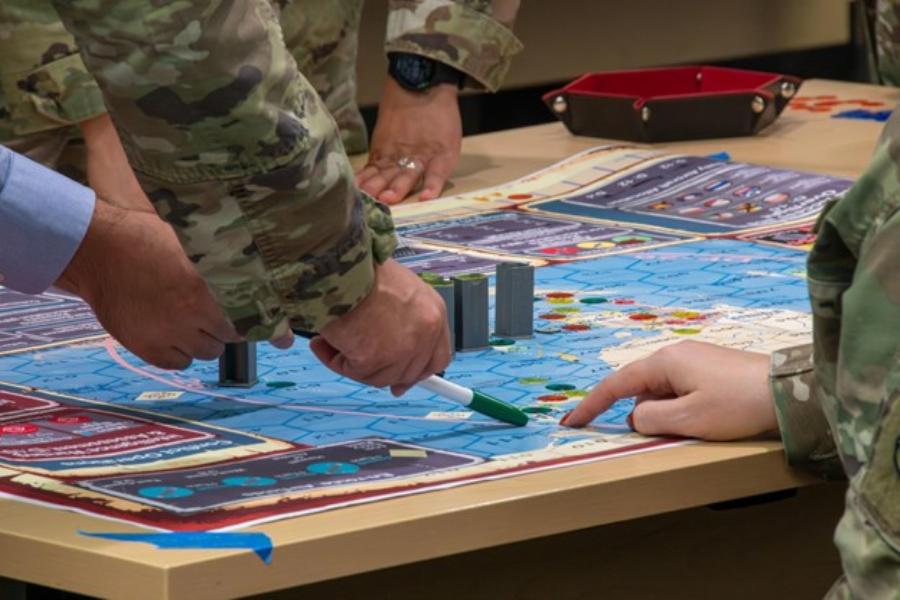Governments are pivotal in establishing the frameworks within which societies operate. They are responsible for creating laws, maintaining order, and providing essential services. This foundational role ensures that citizens can live in a structured environment where rights are protected and duties are clearly defined. The overarching aim is to create a stable society where individuals can thrive both economically and socially.
Much like how rules and systems govern recreational spaces — from board games to digital entertainment such as the color betting game popular in casino gaming — government structures provide order, fairness, and accountability in the broader context of civic life.
Historical Perspectives on Governance
The concept of governance has evolved significantly over the centuries. In ancient times, governance was often centralized in monarchies or empires where a single ruler or a small elite had absolute control. These systems were characterized by little input from the general populace, and decisions were often made to benefit the ruling class. However, as societies evolved, so did their governance structures, moving towards more inclusive and participatory forms.
The emergence of democracy marked a significant shift in governance. Beginning with the Athenian model, it emphasized the role of citizens in decision-making processes. This model spread throughout the world and laid the groundwork for modern democratic practices. The principles of representation and accountability became central, allowing citizens to have a voice in who governs them and how decisions are made.
The Impact of Government Policies on Daily Life
Government policies have a profound impact on the daily lives of citizens. From healthcare to education, the decisions made at the governmental level influence the quality and accessibility of services. Policies regarding healthcare, for instance, determine the availability of medical services, the cost of treatments, and the quality of care. These decisions have direct consequences on public health and well-being.
Educational policies also play a crucial role in shaping society. They dictate the curriculum, standards, and access to educational resources. By investing in education, governments can enhance the skills and capabilities of their citizens, leading to a more informed and capable workforce. This investment is pivotal in driving economic growth and fostering innovation.
Additionally, economic policies greatly affect the financial stability of individuals and businesses. Taxation, interest rates, and trade regulations are just a few areas where government decisions have a direct effect on economic conditions. Sound economic policies can lead to prosperity and growth, while poorly crafted policies can result in economic downturns and hardship.
The Balance of Power: Government and Citizens
The balance of power between governments and citizens is a cornerstone of modern governance. It is essential for maintaining democracy and ensuring that governments remain accountable to the people they serve. This balance is achieved through mechanisms such as elections, checks and balances, and the separation of powers, all designed to prevent the concentration of power and protect individual freedoms.
Elections are a critical component of this balance, providing citizens with the opportunity to choose their representatives and influence government policies. Regular, free, and fair elections are essential for reflecting the will of the people and ensuring that government actions align with public interests. They also serve as a check on government power, as elected officials are accountable to voters.
Government’s Role in Economic Development
Economic development is a primary focus of government policy, as it directly influences a country’s prosperity and the quality of life of its citizens. By creating a conducive environment for business, governments can stimulate investment, innovation, and job creation. This involves implementing fair trade policies, investing in infrastructure, and supporting education and research.
Governments play a crucial role in stabilizing the economy through fiscal and monetary policies. By managing interest rates, taxation, and government spending, they can influence economic growth and control inflation. This balance is critical for maintaining economic stability and ensuring sustainable growth over the long term.
Conclusion
As society continues to evolve, so too must the role of government. The challenges of the 21st century, such as climate change, technological advancement, and global inequality, require innovative and adaptive governance solutions. Governments must be proactive in addressing these issues and responsive to the changing needs of their citizens.






